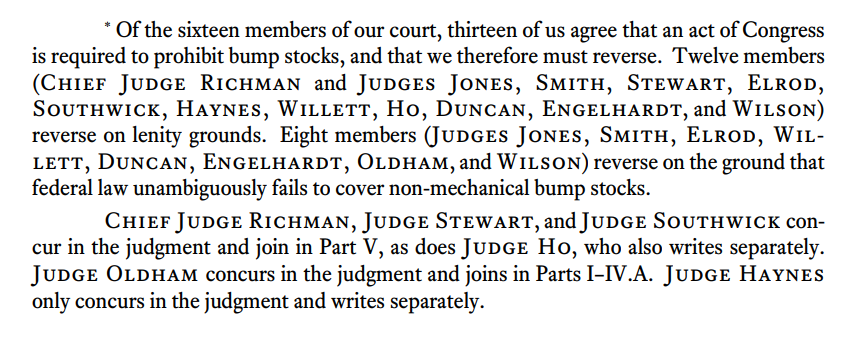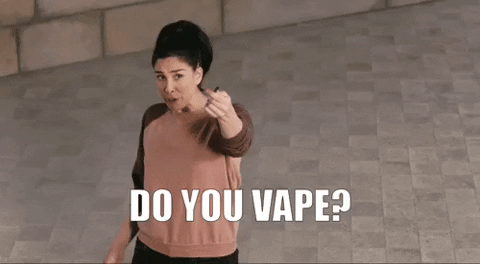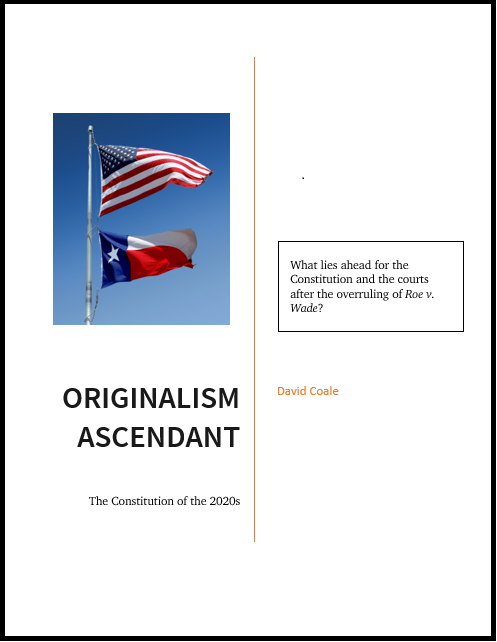The plaintiffs in Elson v. Black brought a putative class action against the manufacturers of the “FasciaBlaster, a two-foot stick with hard prongs that is registered with the Food and Drug Administration as a massager,” alleging that they “falsely advertised that the FasciaBlaster was able to ‘virtually eliminate cellulite,’ help with weight loss, and relieve pain.” The Fifth Circuit affirmed the dismissal of those class claims, noting that class-wide issues did not predominate:
- Law. “[V[ariations in state law here ‘swamp any common issues and defeat predominance'” as to reliance and other basic matters; and
- Fact. “Plaintiffs’ allegations introduce numerous factual differences that in no way comprise a coherent class. … [T]he named plaintiffs do not complain about the same alleged misrepresentations. Some are disgruntled because they expected the FasciaBlaster to reduce cellulite. Others are dissatisfied because they expected it to reduce their pain or address certain health concerns. And others are displeased because they expected it to help them lose weight. … Moreover, even within these groups, the possibility of class analysis disintegrates because the members did not rely on the same alleged misrepresentations.”
No. 21-20349 (Jan. 5, 2023).












